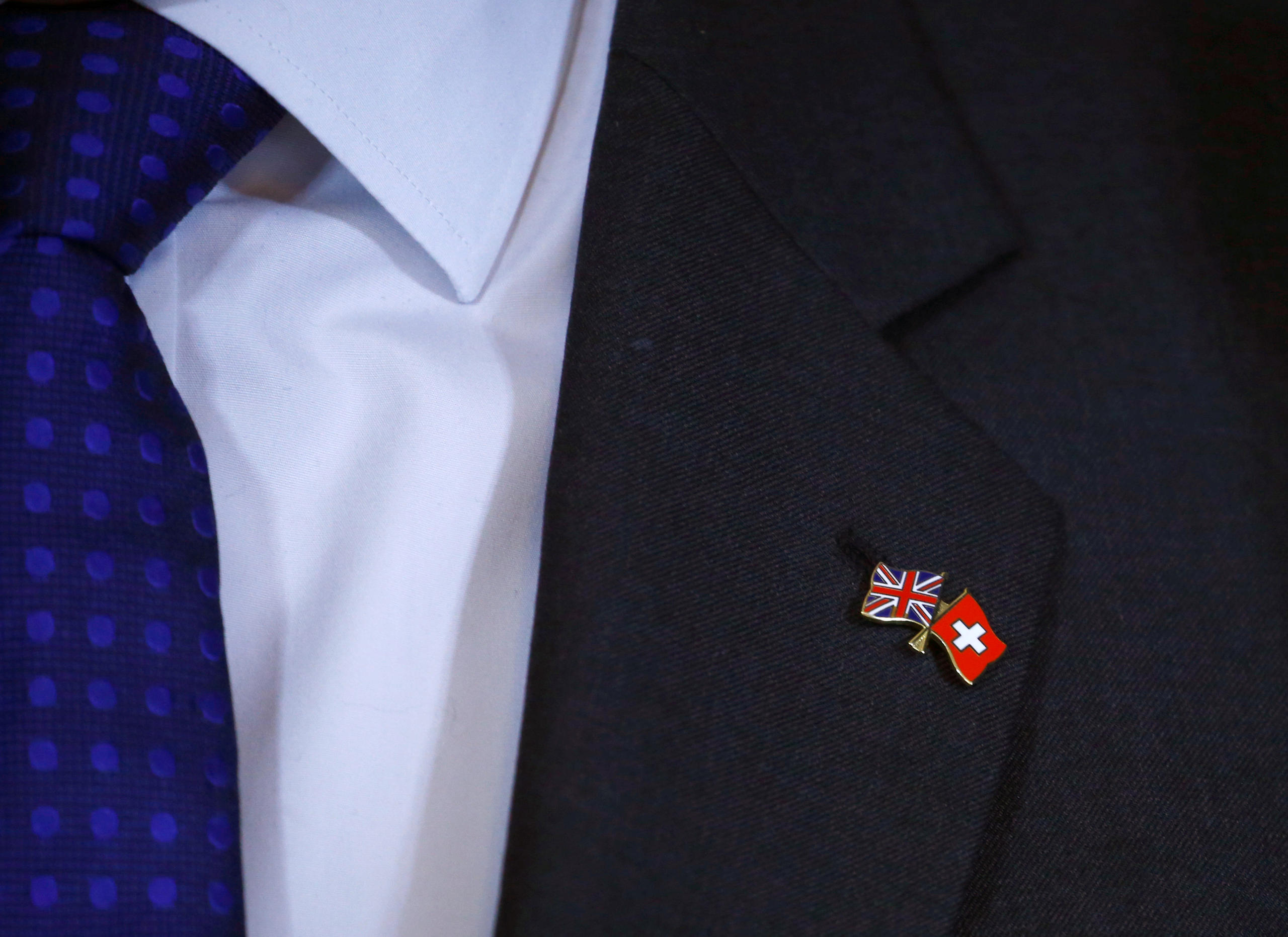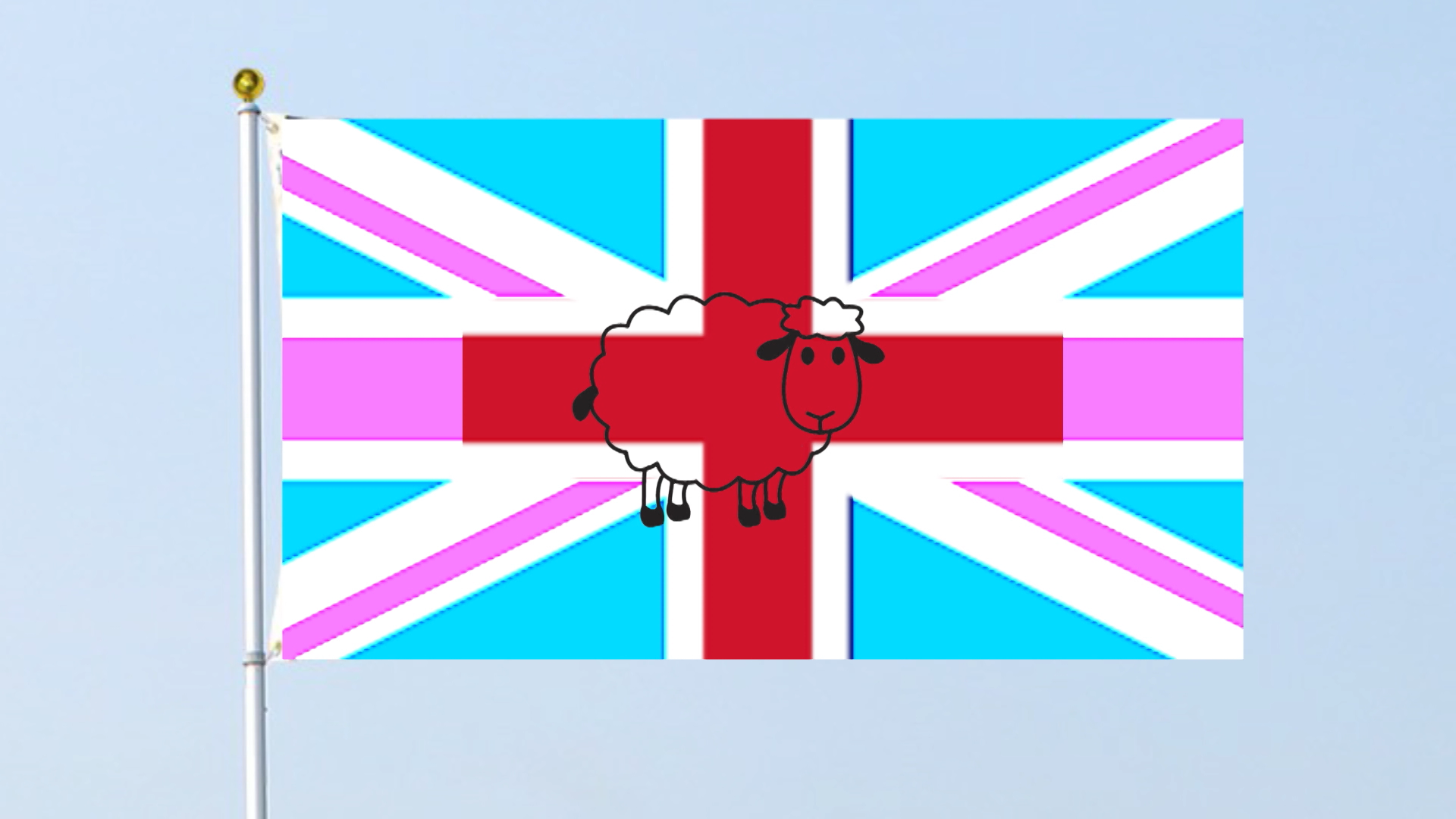Swexit and Brexit: The UK and Switzerland’s fall outs with the EU
What do Brexit and the Swiss breakdowns in relations with the EU have in common? According to a Swiss social historian, quite a lot.
Switzerland has never been a European Union member but enjoys almost full access to the EU’s internal market, thanks to 120 bilateral agreements. Attempts to update these with a new framework agreement collapsed in 2021 when the Swiss walked out of talks with the EU. The Financial Times dubbed the fallout “Swexit” in reference to Brexit, the divorce between the EU and the United Kingdom, as both countries had similar sticking points with the 27-country block.
To quote an FT editorialExternal link, “Swexit is like Brexit in that two ancient democracies, chafing at the price tag and conditions of market access, have chosen a looser, more distant relationship”.
SWI swissinfo.ch met up with Oliver Zimmer, a Swiss expert in modern European history, who takes a closer look at the similarities between the two countries in their troubled relations with the EU. Zimmer is in a good position to compare the two: he was a renowned Oxford University professor who recently returned to Switzerland after 27 years in the UK. He now works for CREMAExternal link, the Zurich-based Center for Research in Economics Management and the Arts.
Sticking points
When the Swiss framework agreement broke down, the government cited disagreements on salary protection, state aid rules and the access of EU citizens to Swiss social security benefits. The Swiss also dislike the idea of a dispute settlement mechanism in which the EU Court of Justice plays a role.
Zimmer says the EU’s free movement of people agreement was a thorn in the side of both the UK and Switzerland, which expressed concern about citizens of poorer countries taking jobs and claiming benefits.
He adds that both countries were also worried about border control issues. Opponents of the framework agreement say it weakens Switzerland’s national sovereignty and could be the first step toward creeping EU accession’. Meanwhile, pro-Brexit advocates wanted Britain to “take back control” from European Union governments and bureaucrats. A UK government document External linkon the EU exit states: “This deal takes back control of our borders, our laws and our money, and protects our economy, our security, and our United Kingdom”.
Brexit and Swexit fallout
In a June 2022 edition of the Economist, the magazine argues that Brexit has negatively impacted the UK economy, leading to lower business investment and exports, among other things. Nevertheless, according to the BBC,External link research suggests public attitudes on Brexit have not shifted significantly since the 2016 referendum. A majority would still vote to leave.
Businesses and economists in Switzerland have warned the end of the framework agreement would also have significant economic impact for the Swiss as well. For a start, the EU has downgraded Switzerland to non-associate status in the Horizon programme, which hands out grants and access to prestigious scientific projects. Yet, in its recent meetings with the EU to try to rescue the bilaterals, there was no obvious sign that Switzerland was prepared to compromise over the sticking points. It remains stuck.


















You can find an overview of ongoing debates with our journalists here . Please join us!
If you want to start a conversation about a topic raised in this article or want to report factual errors, email us at english@swissinfo.ch.